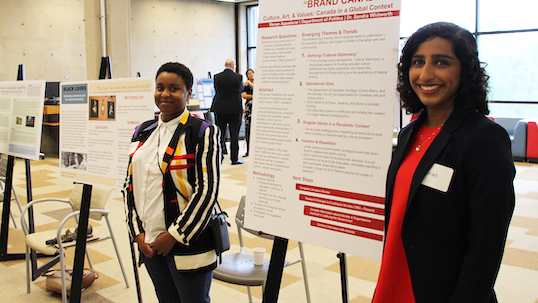History is a dynamic discipline where students think critically about how the past has shaped the present and why events are remembered in different ways. History has long been a popular field of study and with good reason. You will acquire the skills that are necessary for succeeding in the modern workplace, including critical thinking, careful reading, energetic researching, analytic writing and effective communicating.
Before you graduate, get some experience!
The Department of History offers a fourth year placement course for honours students. This is a great way to get experience and a course credit at the same time. In addition, history students should consider the faculty-wide programs listed below that offer paid work opportunities.

LA&PS Co-op Program
Get relevant, practical work experience to position yourself optimally in the future labour market with the LA&PS Co-op Program.

Dean's Award for Research Excellence (DARE)
The DARE program gives undergrads a paid opportunity to engage in hands-on research with professors in LA&PS.
